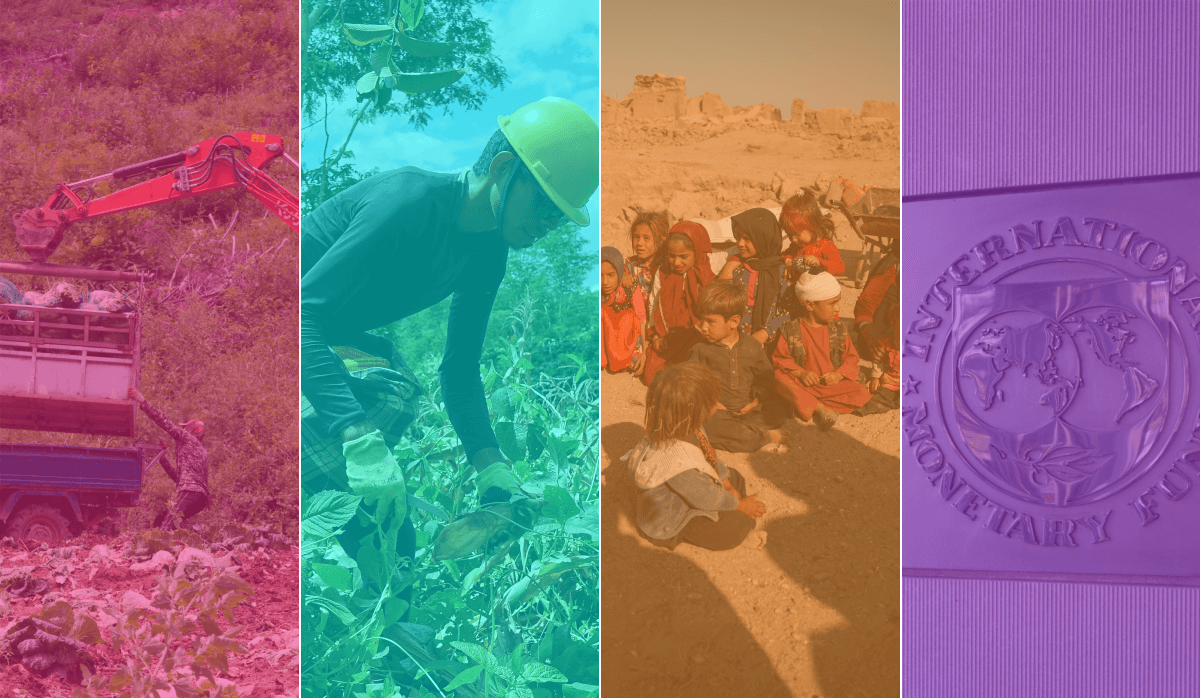|
Getting your Trinity Audio player ready...
|
NORTHEAST ASIA
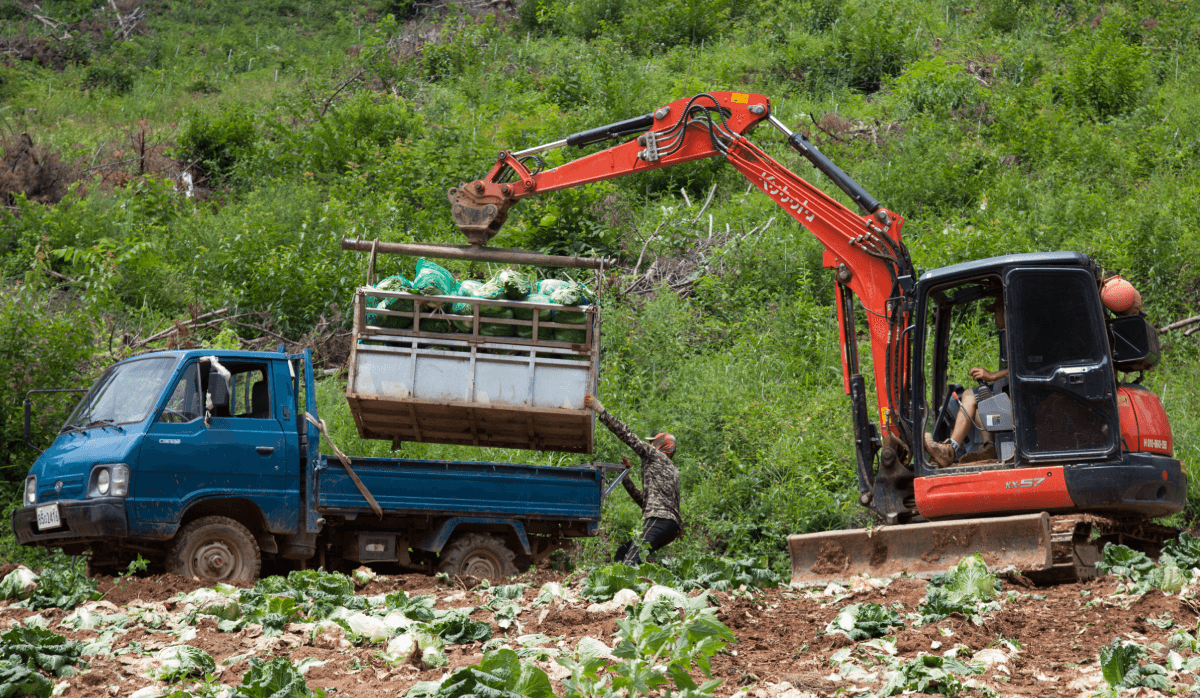
Toward a humane migration policy
South Korean activist groups are urging the government to adopt a more compassionate and efficient way to handle immigration after its Ministry of Justice announced a strict 77-day campaign targeting undocumented immigrants.
In a press conference on April 18, the groups led by Migrants’ Trade Union and the umbrella Korean Confederation of Trade Unions expressed fears that the crackdown – which will run from April 15 to June 30 – will unfairly impact minority groups and low-paid workers who are already vulnerable to exploitation, discrimination, and other human rights abuses.
“[The crackdown] is an anti-human rights measure that will create an atmosphere of fear against unregistered immigrants, justify their oppression by treating them as criminals, and lead to numerous human rights violations,” they said.
The policy was announced by the Ministry of Justice on April 12 targeting “foreigner crimes that threaten the safety of our people, acts that hurt people’s livelihoods and facilitate illegal staying.” It did, however, promise to protect the human rights of foreigners during the crackdowns, the Korea Times reported.
Almost every year the ministry implements such clampdowns, which have a well-documented history of human rights violations and suffering. In 2003, for instance, seven migrant workers died by suicide, while many others fled their jobs and went into hiding. In 2009, there were reports of workers falling to their deaths after jumping from their dormitories to escape raids.
Last year, three crackdowns resulted in the forced deportation of over 6,500 undocumented migrants. There were also disturbing reports of children being detained and made to wait for deportation for over two weeks.
In almost all such crackdowns, there have been reports of police and immigration officials using excessive force, as was the case involving a female migrant worker who was assaulted by the enforcement team during a 2023 raid in Gyeongju.
These abuses compound their sufferings in a country that has largely failed to protect its migrant workers – numbering around 923,000 as of 2024, and who mostly come from Cambodia, Nepal and India – despite its increasing reliance on foreign labor amid a shrinking population.
Many report living in squalid housing and not being paid in full or not at all, while others report being abused and maltreated by their employers and having no recourse.
SOUTHEAST ASIA
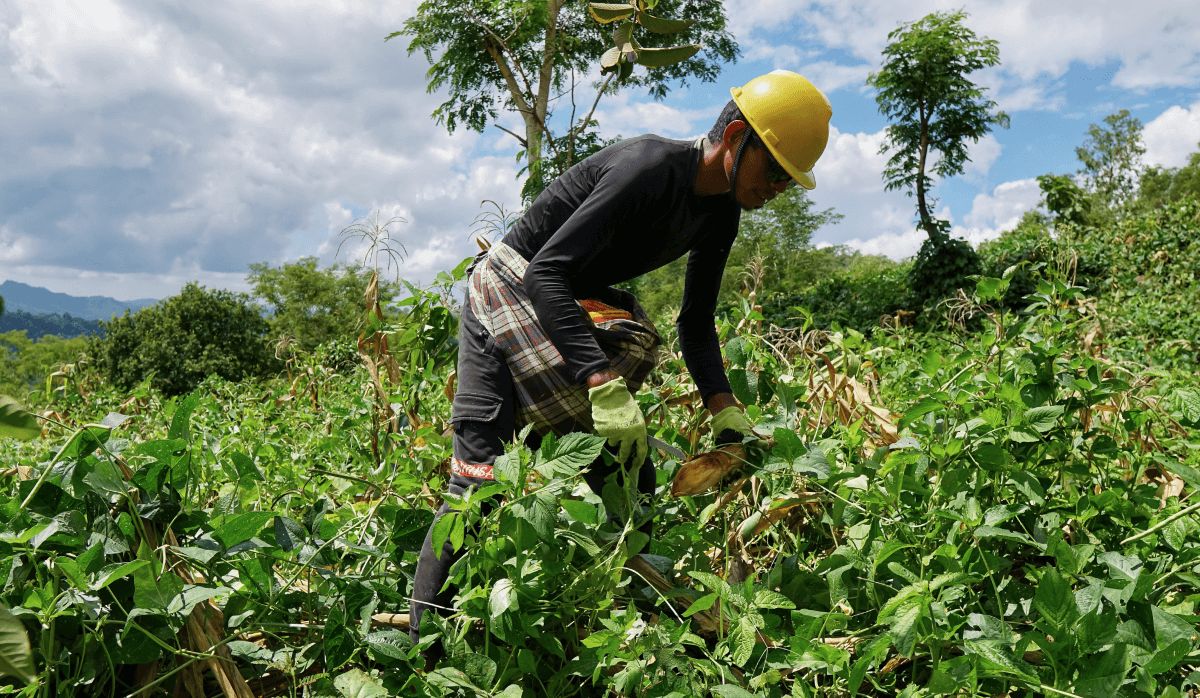
Urgent action to avert food crisis
While Timor-Leste has made great strides since it first became an independent country in 2002, a new food security analysis report by the World Food Programme (WFP) reveals that one in four Timorese are grappling with “crisis levels” of food insecurity that’s seen to worsen in the latter half of the year.
The report, published on April 18, calls for more humanitarian assistance and strengthened social protection programs for vulnerable households; and to invest in its water supply and climate-smart agriculture to make them more resilient to both droughts and floods.
““With intensifying climate shocks and the highest inflation rate in a decade, the latest IPC Analysis findings make it clear that urgent action is required now to avert a further deterioration in Timor-Leste’s food insecurity,” said WFP Country Director Alba Cecilia Garzon Olivares.
Food security is a chronic problem in Southeast Asia’s youngest democracy, where more than 45 percent of its 1.3 million population are living in poverty.
This is partly because Timor-Leste is a food-deficit country that imports 60 percent of its food and is also among the world’s most vulnerable to climate change. In fact, the WFP report says the worsening food crisis in the country was driven by droughts and floods, leading to skyrocketing food prices.
Observers have noted that while Timor-Leste enjoys the distinction of being one of Asia’s robust democracies, it must still overcome its acute economic challenges to ensure its stability and development.
In fact, food self-sufficiency has been one of the country’s biggest goals post-independence, but has largely failed because of limited arable land and rising sea levels. As early as 2009, the U.N. Human Rights Office said that this problem – combined with climate change and weak infrastructure – had affected the “full realization of the right to food in Timor-Leste.”
In response, the Timorese government has increased its budget for nutrition and food security goals. Between 2020 and 2023 alone, the government allocated over US$201 million for food systems transformations and increased its annual budget for its national school lunch program.
SOUTH ASIA
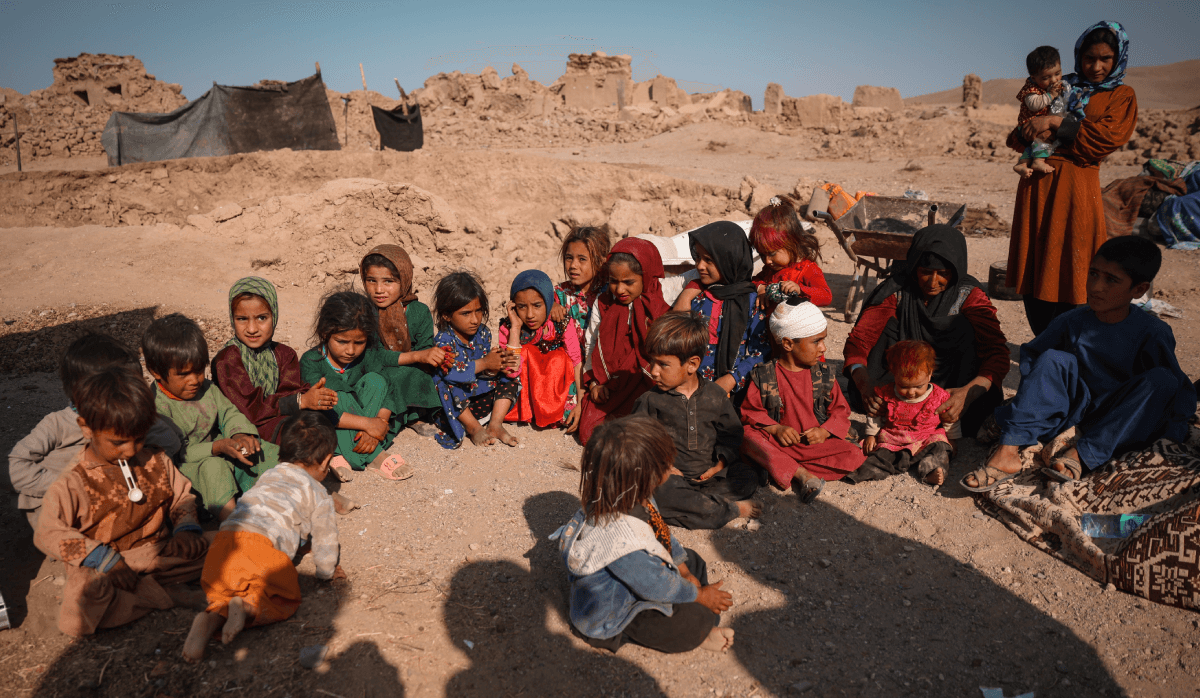
Allowing aid agencies to work unimpeded
In war-torn Afghanistan, where more than half of the population is in dire need of humanitarian assistance, the indefinite closure of a European aid organization has left people with disabilities without much-needed assistance to live normal lives.
A month after the Swedish Committee for Afghanistan (SCA) suspended its operations, its beneficiaries called on the Taliban to allow the aid organization to resume its activities.
“Without their assistance, our lives are destroyed,” Qari Wazir Mohammad, one of seven siblings who were born blind in Ghazni province, told VOA.
SCA, which had been working in Afghanistan for more than 40 years, was forced to halt its activities in the country starting last March 19 after the Islamic Emirate of Afghanistan – the term used by the ruling Taliban to describe its government – called for the suspension of all “Swedish activities” in July 2023.
At the time, the call was in retaliation for the burning of copies of the Quran in Sweden, which SCA denounced, calling it an insult to all Muslims. Last month, however, it was finally forced to bow to the Taliban, which has imposed restrictions on the aid sector since taking over Afghanistan in August 2021.
Over the last two decades, Afghanistan has relied heavily on international support to prop up its social services like health care. But after the Taliban returned to power, the World Bank and other donor countries pulled their support, leaving humanitarian aid organizations to fill in this yawning gap.
The United Nations estimates that over 24 million Afghans require humanitarian assistance as years of war and natural disasters have left the country in dire need.
But this did not stop the Taliban from imposing bureaucratic and administrative hardships on aid organizations, going so far as to ban female aid workers even though it already forbids male aid workers from assisting female beneficiaries. This ban also led several international NGOs to temporarily suspend operations in protest.
Even worse, a then-unreleased U.S. government report in 2023 revealed how the Taliban “effectively infiltrated” aid agencies to siphon money to fund their de facto government.
Afghanistan’s already grave crisis is also seen to worsen amid Pakistan’s mass repatriation program of Afghan migrants, which began last November.
GLOBAL / REGIONAL
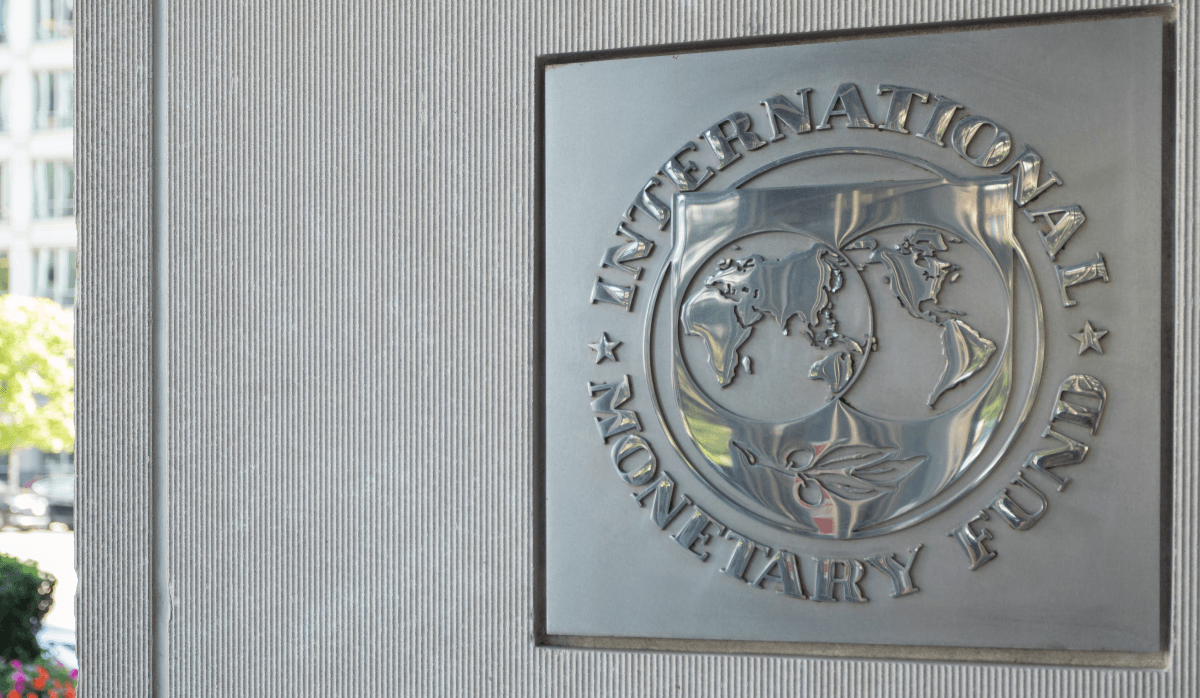
Sustainable debt for sustainable democracy
During the spring meetings of the world’s state and financial leaders on April 15-20, the International Trade Union Confederation has called for deep debt relief and a shift toward debt sustainability that’s more focused on social protections to head off a potential economic collapse of countries facing a debt crisis.
In its latest report, “Sovereign Debt: the Sustainable Development Goals and Trade Union Responses,” the ITUC noted that unsustainable debt in several poor nations, including Afghanistan, Laos, Mongolia, Sri Lanka, and Pakistan, has started to impact critical social services and cripple its overall economy.
No longer just an economic problem, said ITUC general secretary Luc Triangle, this debt crisis “threatens the achievement of the Sustainable Development Goals, undermines the legitimacy of the world’s development finance system and destabilizes democracy in these countries.”
Apart from calling on the International Monetary Fund (IMF) and the World Bank to reassess their current financing strategies to make debt more sustainable, the ITUC report also urged national trade unions to demand their governments’ and creditors’ full participation in debt discussions and to advocate transparency in government debt and finance.
Democracy watchdogs have long sounded the alarm on the debt crisis gripping Asia, which has struggled to mount recovery plans following the COVID-19 pandemic and the ongoing conflicts raging in the region.
Last year, global nonprofit International IDEA argued that reversing the decline of democracy in Asia would require delivering on social and economic goods – a goal that could be hampered by a debt crisis.
External debt vulnerabilities of Asian countries
| High | Laos, Mongolia, Sri Lanka, Maldives, Pakistan |
| Moderate | Nepal, Timor-Leste, Indonesia, Bhutan, Cambodia, Philippines, Bangladesh, Thailand, Myanmar |
| Low | India, Vietnam, Taiwan |
Source: International IDEA, citing Asian Development Bank figures
Sri Lanka, in particular, has been the poster child of unsustainable debt, after years of overspending depleted its foreign exchange reserves and caused it to default on its loans in 2022. Pakistan was also on the brink of a sovereign debt default before it secured a bailout from the IMF.
In both countries, this issue has triggered widespread protests and calls for reform, even leading to the ouster of former Sri Lankan President Gotabaya Rajapaksa and the upset victory of former Pakistani Prime Minister Imran Khan’s party mates during Pakistan’s recent elections.










